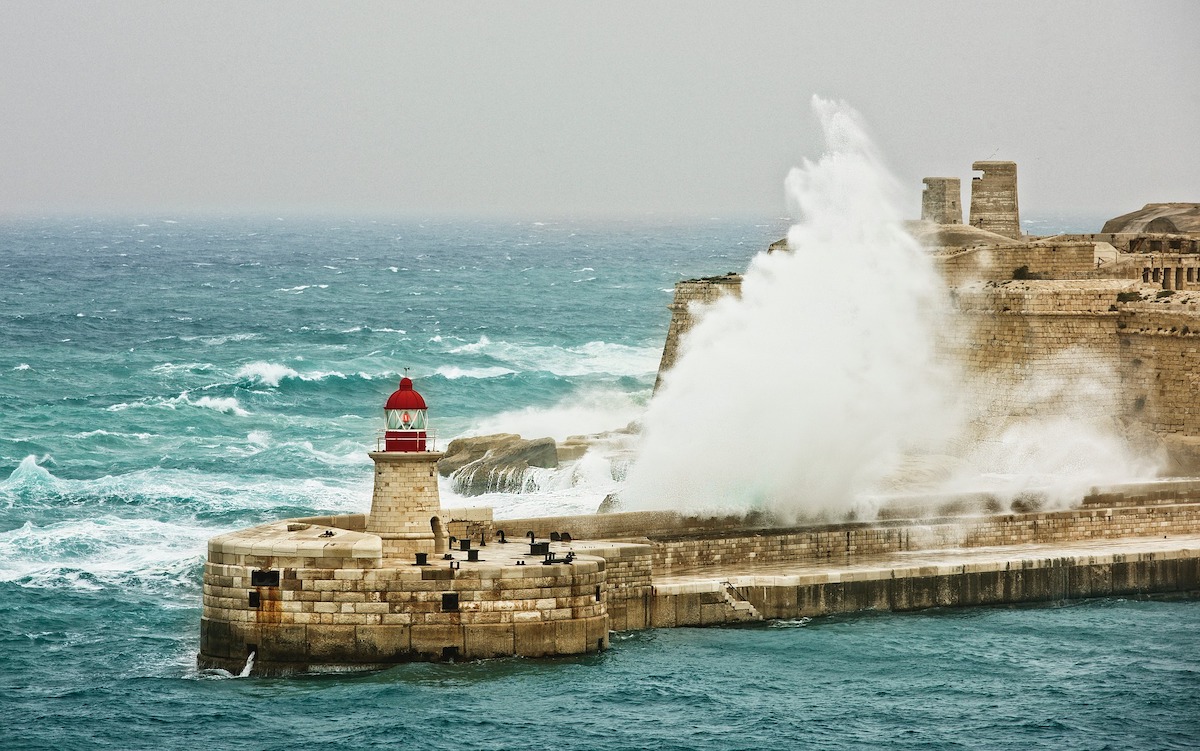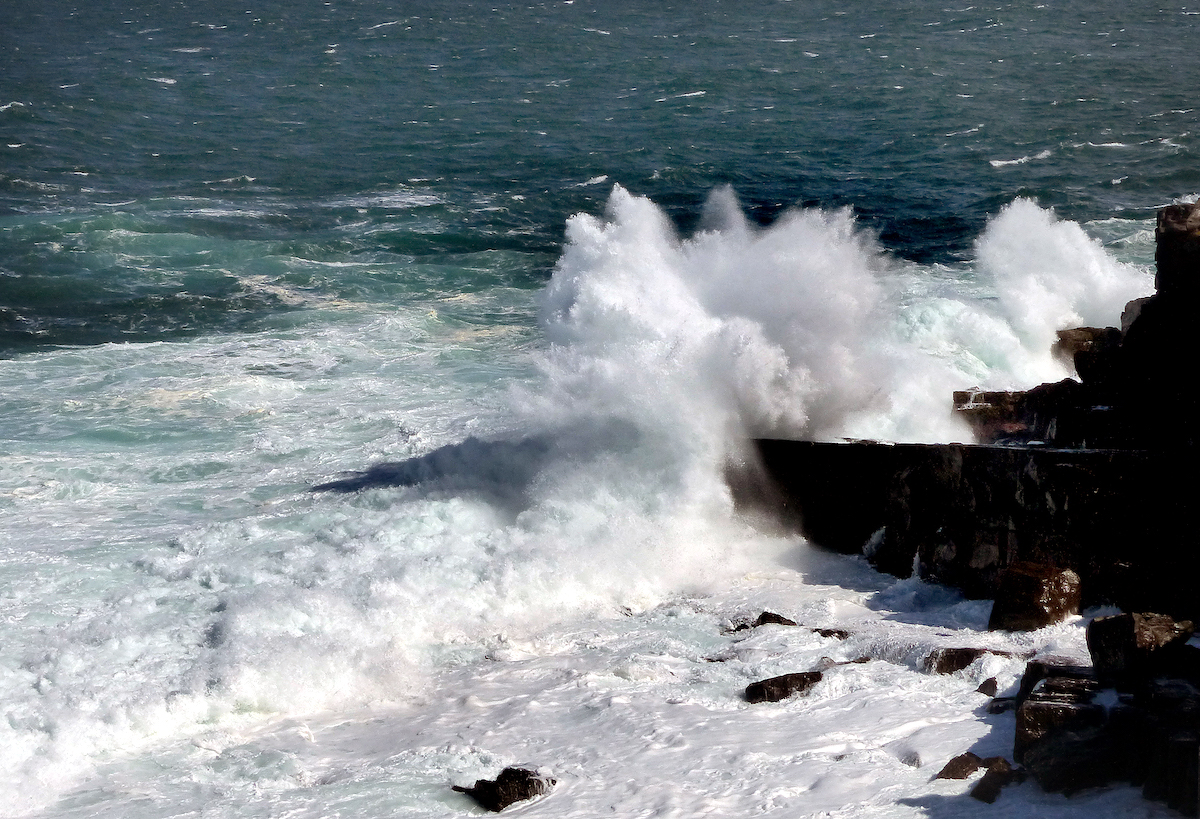-
Research brief: Do high-resolution models improve the simulation of precipitation?

New research suggests that increasing spatial resolution alone is not sufficient to obtain a systematic improvement in the simulation of precipitation extremes, and other improvements (e.g. physics, tuning) may be required.
-
Research brief: New product improves satellite rainfall estimates for data-scarce regions

Researchers have developed a hybrid approach to estimate recent rainfall that combines satellite-based rainfall estimates with satellite-based soil moisture estimates. When this approach was tested against independent rain gauge measurements it showed notable improvements.
-
Research brief: Research reveals what caused worse coastal impacts of Storm Gloria

CLEX researchers and colleagues from the University of the Balearic Islands explored what was most responsible for the coastal damage caused by Storm Gloria in 2020. The storm killed 13 people and left a damage bill in excess of $200m.
-
Research brief: A simple model could forecast ENSO and PDO

CLEX researchers find the inclusion of upper South Pacific Ocean variability significantly improved the predictions of ENSO and PDO modes in simple linear inverse models.
-
Research brief: Tasmanian marine heatwaves could be forecast years ahead

Marine heatwaves that impact southeast Australia could be forecast years in advance, with important implications for fisheries and the environment in this region
-
Research brief: Greenhouse gases responsible for increases in heavy precipitation

A group of international researchers using CMIP6 models to determine how heavy precipitation events will alter with climate change. The northern hemisphere in particular showed a strong warming signal for increased precipitation.
-
Research brief: Realised added value in dynamical downscaling of Australian climate change

New research shows regional climate models consistently provide added value across Australia compared to global climate models. As a result, researchers and policymakers can obtain plausible improvements in future climate projections from the current generation of available RCMs.
-
Research brief: Current Climate Models do not Project a More Persistent Central European Circulation

Central Europe has recently experienced extreme weather events, so researchers investigated whether this was the result of a weakening jet stream and changes to atmospheric circulation.
-
Research brief: CMIP6 models show some improvement over Australia

Australian researchers assess the ability of recently released climate models to simulate the climate of Australia and the new scenarios for 21st Century climate change.
-
Research brief: Why turbulence prevents models from replicating deep open-ocean convection

By comparing two models, CLEX researchers found that the current generation of convection parameterisations fail to replicate the random, chaotic nature of real-life turbulent convection.
